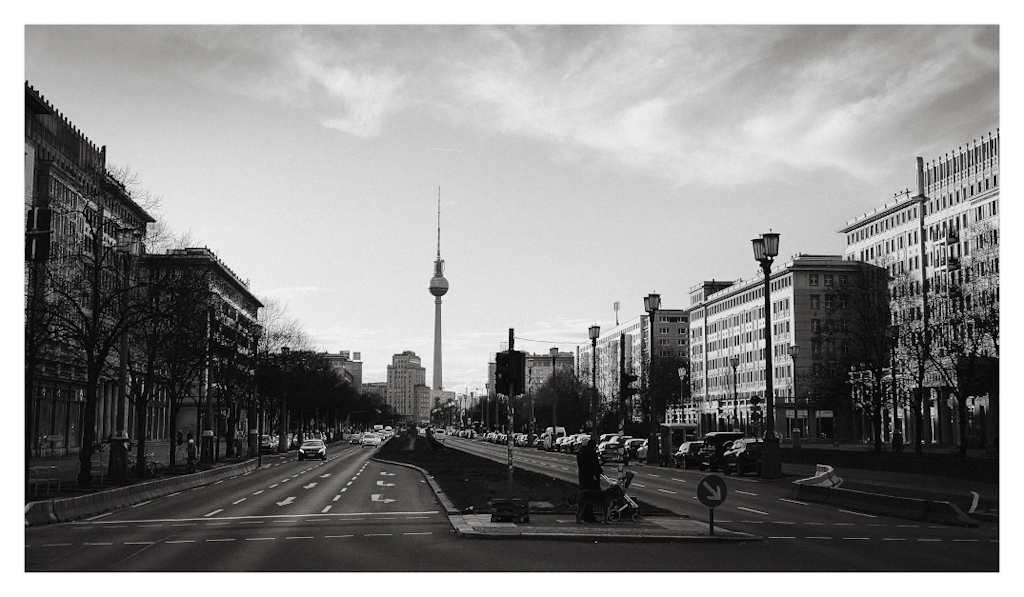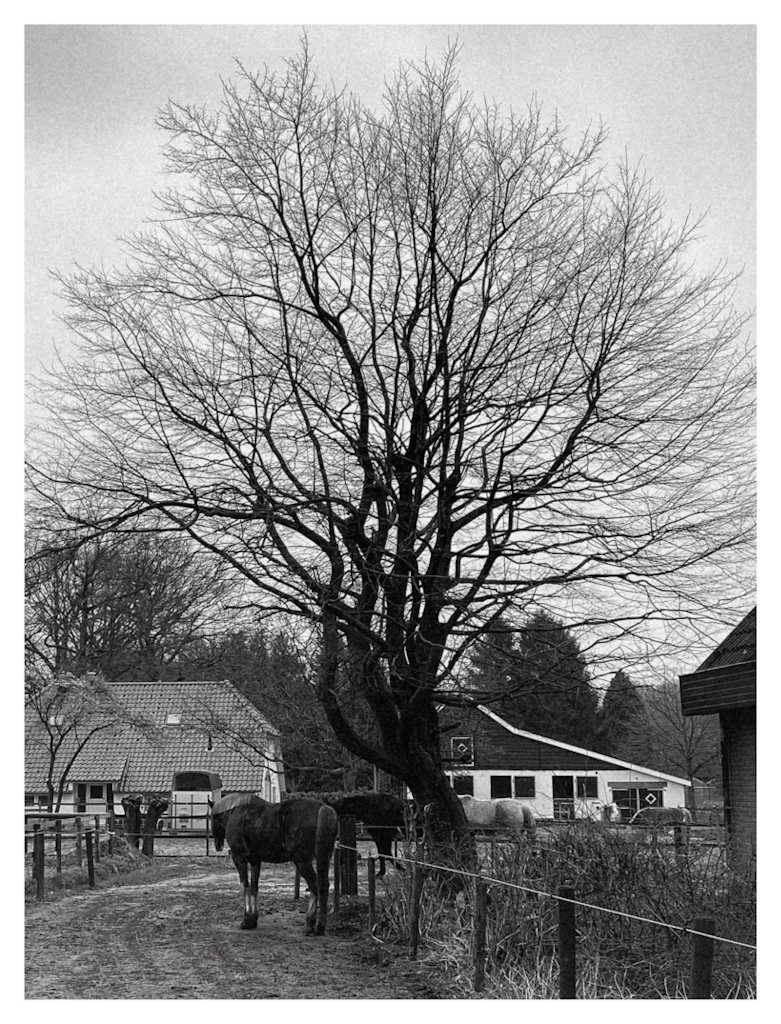Going up (63/366) 📷

Going up (63/366) 📷

Cheese! (62/366) 📷

IXIXI (61/366) 📷

Claudia (60/366) 📷

Treeflections (59/366) 📷

Diagonally (58/366) 📷

Potsdamer Platz (57/366) 📷

Karl-Marx-Allee (56/366) 📷

Bundesministerium der Finanzen (55/366) 📷

Bank of the river Spree (54/366) 📷

Deutsche Post & Fernsehturm (53/366) 📷

350 bar WASSERSTOFF (52/366) 📷

Uninspired / bird atop in the tree (51/366) 📷

Eye (50/366) 📷

I must confess Apple’s decision to break Web Apps (PWA’s) in the EU has me more than irritated. There are loads of projects where we could finally try to provide cross platforms PWA’s after they finally started supporting them last year, and now this. Please fill in the Open Web Advocacy’s survey if it’s affecting your projects or organization. On a personal level, I will plan a switch to more open alternatives if this decision isn’t withdrawn.
No trespassing (Dutch: “Verboden toegang”) 49/366 📷

Tree & horse (48/366) 📷

QWERTY ASDF ZXC (47/366) 📷
(Yes, I didn’t get far from my laptop for most of the day. 😉)

Waiting under arches (46/366) 📷

Küchenprofi (45/366) 📷
